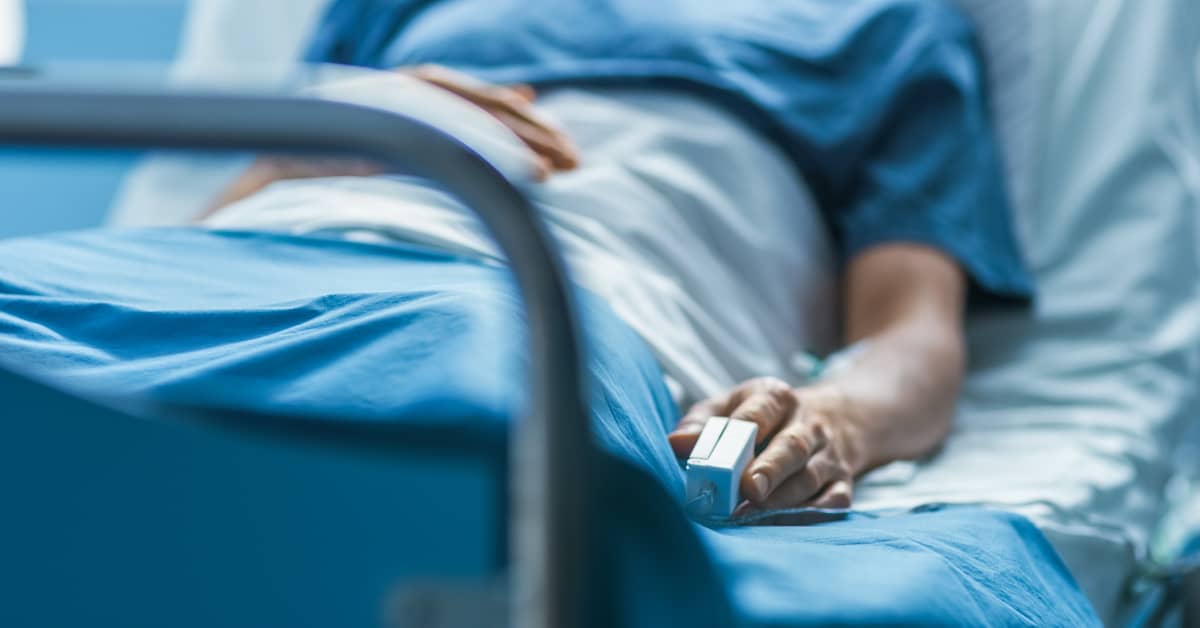Who Is Liable for a Defective Medical Device?
Medical device defects are alarmingly common. In recent years, there have been numerous recalls and lawsuits involving defective medical devices ranging from surgical robots to hip implants.
For patients who undergo treatment involving the use of defective medical devices or who receive defective medical device implants, the costs can be substantial. This includes the financial costs of receiving any necessary treatment and/or having the device removed, but also the non-financial costs of coping with the effects of the faulty device.
Due to the substantial costs of receiving and recovering from a defective medical device implant or use of a defective medical device during treatment, many patients and families will find it necessary to file claims for compensation. When pursuing a claim, one of the first questions that must be answered is: Who is liable for the defective medical device?
Establishing Liability for a Defective Medical Device
There are several possibilities when it comes to establishing liability for a defective medical device. Each case is different, so patients and their families must work with experienced legal counsel to determine what claim or claims they can file.
Generally speaking, the parties that may be liable for defective medical devices include:
- The Designer of the Defective Medical Device – If a medical device is defective as a result of the way it was designed, then the company that designed the device could be liable. For example, if an implantable medical device is too fragile due to its structure or the materials selected to construct the device, then any patients who received the device may be able to sue the design company for just compensation.
- The Manufacturer of the Defective Medical Device – If a medical device was appropriately designed but is unsafe as a result of an issue that occurred during the manufacturing process, then the manufacturer could be liable. These manufacturing defects can include everything from using substandard materials or improper manufacturing processes to dropping manufactured devices on the warehouse floor.
- A Company That Sold the Defective Medical Device – Companies that sell defective medical devices can also face liability when defects lead to serious or fatal complications for patients. This is based on the “chain of distribution” theory of strict liability in defective product claims. Under this theory, all companies involved in putting a defective product on the market can be held liable even if they did not play a role in the product’s design or manufacture.
Determining the nature of a defect (i.e., whether it is a design defect or a manufacturing defect) requires a thorough inspection of the device itself. But, for certain well-known defective medical devices – such as IVC filters and transvaginal mesh – the nature of the defect has already been established.
Patients will face a number of difficulties if they try to pursue a defective medical device claim on their own. It is important to contact an attorney as soon as possible for assistance gathering evidence and building your case.
Can You Sue Your Doctor for Using or Implanting a Defective Medical Device?
What about your doctor? Is your doctor liable for utilizing or implanting a defective medical device?
In some cases, patients and their families can sue healthcare providers for injuries sustained as a result of a defective medical device. A key question in these cases is whether the healthcare provider knew or should have known of the defect.
If a doctor has no reason to suspect that a medical device is defective, then that doctor generally will not be liable for malpractice as a result of using the device. On the other hand, if a doctor knows or should have known about a defect and uses a device anyway, then this could give rise to a medical malpractice claim.
In the latter scenario, the question becomes whether the doctor’s use of the device amounts to a deviation from the applicable standard of care. Was using the device still the best option given the circumstances presented and what was known at the time, or did the doctor’s decision to use the device amount to a deviation from current medical standards?
Talk to a Florida Defective Medical Device Attorney About Your Legal Rights
Claims involving defective medical devices can be extremely complex. Sometimes only one or a few patients experience adverse effects from the faulty equipment, while in other cases thousands of patients may be harmed by the same device.
It is important to consult an attorney as soon as possible if you or a loved one suffered injury due to a medical device defect. Colling Gilbert Wright has the experience to determine what caused the injury and build a strong claim on your behalf against the party or parties responsible.
Please call (407) 712-7300 today for a free case evaluation with Colling Gilbert Wright. Our defective medical device attorneys serve clients throughout Florida, including Orlando, Tampa, Miami, and other areas.

 (407) 712-7300
(407) 712-7300































